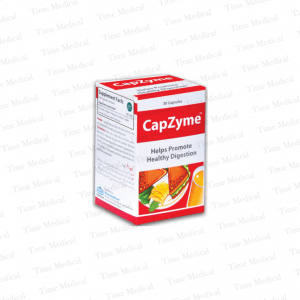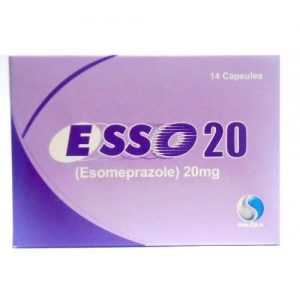Description
Indications
Moxina Tablet 400mg is primarily indicated in conditions like Acute bacterial sinusitis, Chronic bronchitis, Lower respiratory tract infections, Oedema, Pneumonia, Short-term treatment of severe congestive heart failure, Sinusitis, Skin infections, Soft tissue infections, Upper respiratory tract infections, and can also be given in adjunctive therapy as an alternative drug of choice in Bacterial conjunctivitis.
Side Effects
The severe or irreversible adverse effects of Moxina Tablet 400mg, which give rise to further complications include Hypotension, Hypotension, Hyperglycemia, Dyspnea, Hyperuricemia, Hyperglycemia, Hyperlipidemia., Moxina Tablet 400mg produces potentially life-threatening effects which include Anaphylactic reactions, Atrial fibrillation. which are responsible for the discontinuation of Moxina Tablet 400mg therapy., The symptomatic adverse reactions produced by Moxina Tablet 400mg are more or less tolerable and if they become severe, they can be treated symptomatically, these include Dizziness, Headache, Drowsiness, Nausea, vomiting, Diarrhea, Myalgia, Restlessness, Tachycardia, Tremors, Insomnia, Abdominal pain, Sweating, Skin rash, Dyspepsia, Pseudomembranous colitis, Hemolytic anemia, Thrombocytopenia, Edema, Hot flushes, Syncope, Gynecomastia, Abnormal LFT, Hypersensitivity reactions, Taste perversion, Superinfection, QT prolongation, Visual disturbances, dizziness, dyspepsia, Abnormal LFT, agranulocytosis, arthropathy, Tachycardia.
Contraindication
Moxina Tablet 400mg is contraindicated in conditions like Heart failure,Bradycardia, Liver diseases,Electrolyte disturbance.
Warning
It should be used with caution in patients with known or suspected central nervous system disorders which may predispose to seizures or lower the seizure threshold. As no pharmacokinetics or pharmacodynamic data are available in severe hepatic impairment, the use of Moxina Tablet 400mg in this patients group is not recommended. Moxina Tablet 400mg should be used with caution in patients with known QT interval prolongation or uncorrected hypokalemia; in those receiving class IA (e.g quinidine or procaine amide) or class III antiarrhythmic agents (sotalol, ibutilide, amiodarone); and in patients who are receiving other agents known to increase the QT interval (e.g erythromycin, tricyclic antidepressants).






Reviews
There are no reviews yet.